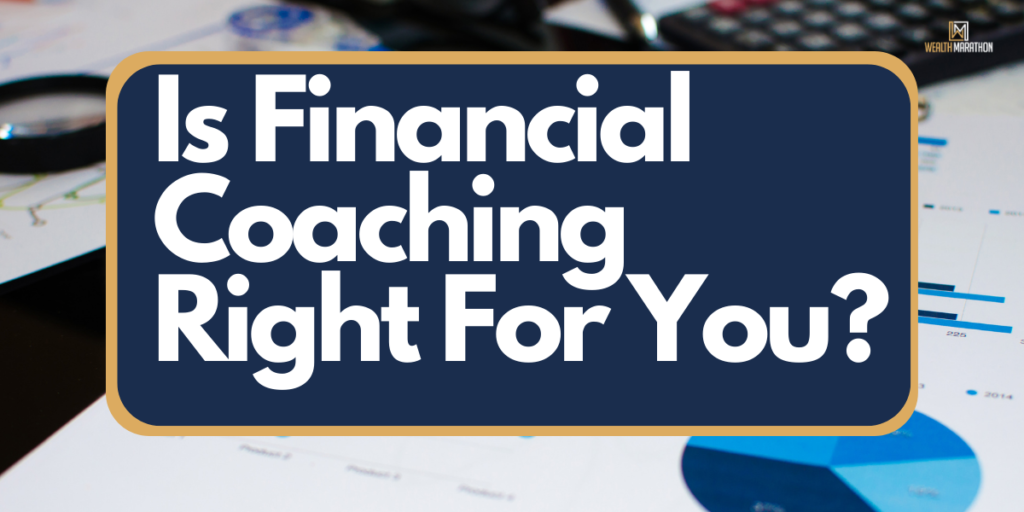What Makes a Person Good with Money?

I began playing basketball in grade 7 and was fortunate enough to play some college ball. The game might seem to be only about talent for the casual basketball fan, and the team with the most talented players will win the game. However, winning a basketball game has less to-do physical talent and more about mental discipline. 90% of the game is played and won above the shoulders, meaning talent plays a role, but it’s much smaller than the causal fan believes.
That got me thinking about what makes a person successful with their finances. Is it the amount of money they make? The level of education? Or is it the opportunities provided? Each of these likely contributes to a person’s financial success, but I believe there are only two primary things that separate those who are good at managing their money from those who are not good. It all comes down to emotional discipline and mindset (behaviours) around money.
Most of us consciously or unconsciously assume an educated person will be better with their finances than an uneducated person. We make this assumption because we believe the educated person’s decision process will involve reviewing all facts to make the best and most logical decision based on the available facts.
Said differently, their emotions will not influence them in making the best decision as they are more driven by logical reasoning. But in the real world, how true is this?
People do not make logical decisions in the real world as economic models like us believe. Educated people can make illogical decisions at the same rate as non-academically educated people; education level doesn’t provide you with immunity from poor financial decisions.
For example, a person may claim not to be able to save money, yet they might join a lottery pool that requires them to pay $5 each month. While they can’t “save” money, they are able to save $60 per year towards playing a lottery pool, in which, statistically, the odds of them winning is less likely than being struck by lighting.
But why do we make illogical decisions even with all the necessary information? One word. Emotions.
People have strong emotions about money and their finances. Our emotions are our greatest human strengths, but it’s also a weakness sometimes. Someone can manipulate your emotions to have you do something that offers you no benefit while having you believe you are making the best decision for you. That’s how powerful emotional manipulation is. They create huge blind spots when it comes to personal finance.
Someone purchasing a vehicle will pay more because it has a particular colour. We buy a bigger house because we fail to see our pride at play. We ignore the health impact of drinking because Bud Light commercials tell us drinking is about creating memories with friends.
We are driven to action based on our emotional pull towards something, people, or cause.
Financial models were designed for humans who didn’t consider that humans have emotions. Instead, these models assumed that we always make logical selfish decisions and that emotions have no impact on our decision-making process.
While that’s a dangerous assumption on its own, what’s even more alarming is governments and businesses design policies and initiatives around the idea citizens and employees will behave rationally with no emotional influence. Only one group clearly understands that humans are driven by emotions and never behave rationally; politicians.
Mastering your personal finance is less about arithmetic skills or education level and more about emotional disciplines that result in you consistently identifying logical decisions that serve your short and long-term interests. –Master Your Mortgage
You might be the most educated person on financial matters, but if your behaviour consistently results in you making poor money decisions, then having that knowledge is useless. You could have all the money in the world, but if your financial habits are poor, it’s only a matter of time before you go broke.
I’m not advocating that all you have to do is be unemotional, and riches will come your way. Instead, recognize your emotions’ role in your financial and life decisions. The stronger your emotional pull, the harder it will be for you to make good money decisions. If you accept that, you will be mindful of the emotional traps and plan for them.
That’s what separates a person who’s good with their money from someone who is not. Those who tend to be successful recognize and acknowledge their emotional blind spot when it comes to money decisions and develops a series of behavioural habits and processes to reduce the impact of their emotional blind spot when making financial decisions.







Responses